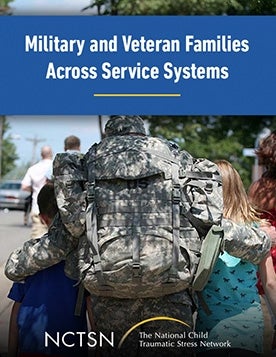
Military Families in the Court System: Responding Sensitively to a Vulnerable Community
Describes risk factors to military families and children, including child abuse, neglect, domestic violence and substance abuse.
The following resources on child trauma were developed by the NCTSN. To find a specific topic or resource, enter keywords in the search box, or filter by resource type, trauma type, language, or audience.

Describes risk factors to military families and children, including child abuse, neglect, domestic violence and substance abuse.
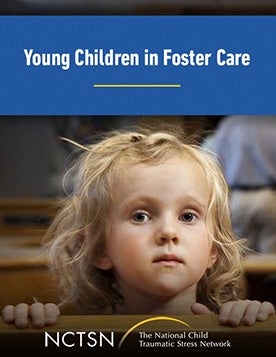
Addresses providing or referring infants, young children, and their caregivers for trauma-sensitive therapeutic interventions, including Child Parent Psychotherapy (CPP) and Attachment and Biobehavioral Catch-Up (ABC).
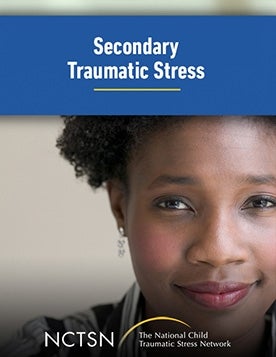
Addresses the complex impact of secondary traumatic stress, vicarious trauma, compassion fatigue, and burnout.
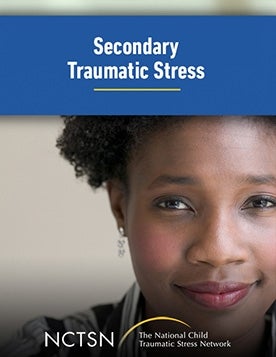
Discusses child welfare caseworkers' response to Charles Figley's definition of Secondary Traumatic Stress, outlines assessing for STS through instruments and self-examination, and discusses strategies for coping with STS at the supervisor and worker level.
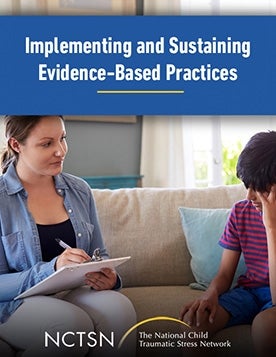
Raises awareness and understanding of issues related to implementation of evidence-based practices within mental health organizations.
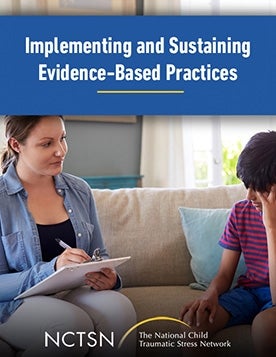
Explores cultural and contextual considerations that may be applied when implementing evidence-based and evidence-informed practices throughout the world.
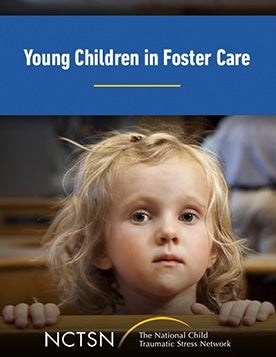
Addresses the importance of understanding the special developmental needs of young traumatized children. This webinar discusses appropriate referrals for consultation and describes a cutting edge developmental intervention for children in the child welfare system.
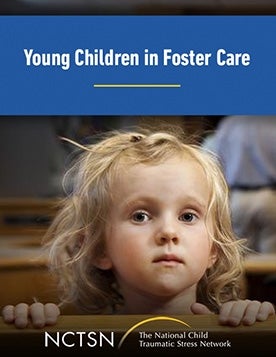
Addresses the complex issues and critical needs surrounding young traumatized children in the child welfare system and those who care for them.
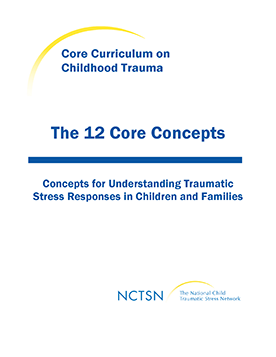
Outlines and describes The 12 Core Concepts: Concepts for Understanding Traumatic Stress Responses in Children and Families.
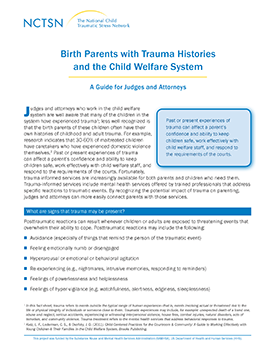
Provides guidance to judges and attorneys on how to recognize trauma and its effects on birth parents. This fact sheet helps judges and attorneys recognize the potential impact of trauma on parenting.
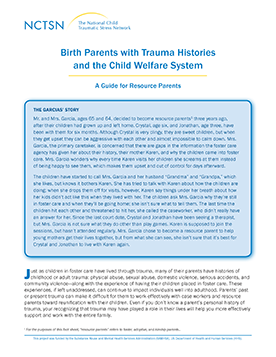
Provides suggestions that resource parents can use to recognize how trauma may have impacted the way birth parents parent.
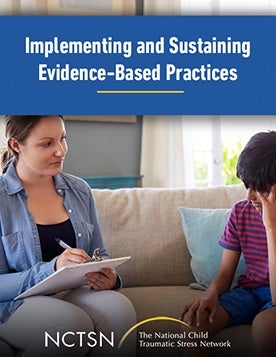
Considers the challenges and opportunities arising from the introduction of evidence-based programs for children across a range of established organizations.